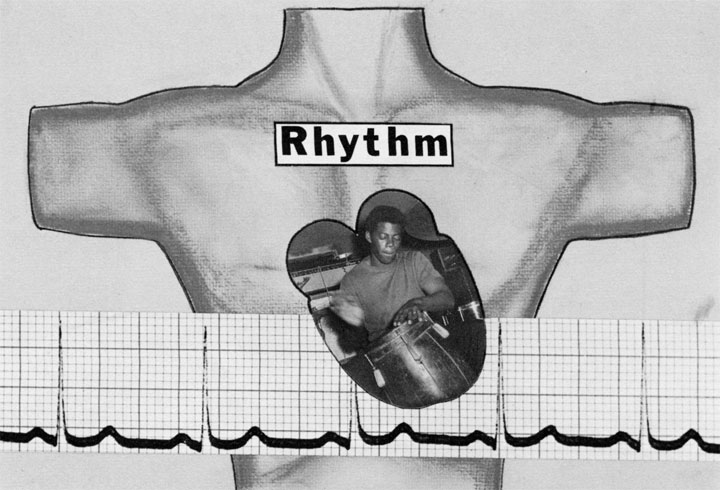THE EKG PROVIDES THE MOST ACCURATE MEANS FOR IDENTIFYING CARDIAC ARRHYTHMIAS (ABNORMAL RHYTHMS) WHICH CAN BE EASILY DIAGNOSED BY KNOWING THE ELECTRO-PHYSIOLOGY OF THE HEART.
Dale Dubin, Rapid Interpretation of EKG's: a Programmed Course, C.O.V.E.R. Publishing Co., 1970
Test:
1. ______ literally means without rhythm, however we use it to denote abnormal rhythm, or breaks in the regularity of a normal rhythm.
2. The ______ records all the electrical phenomena of the heart which may not be seen, felt, or heard on physical examination, and therefore provides a very accurate means for determining rhythm changes.

![[ToC]](55_toc_off.jpg)